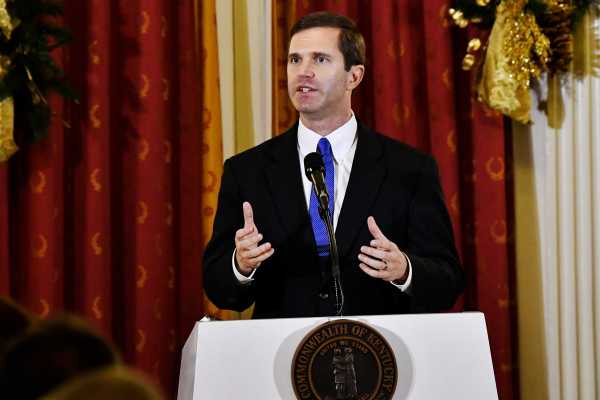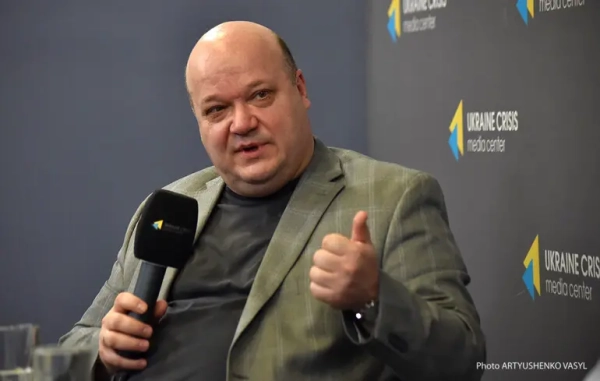
Kentucky Gov. Andy Beshear (D) signed an executive order on Thursday restoring the voting rights of more than 140,000 people with felony convictions.
The order restores the voting rights for people convicted of certain felonies who have completed their sentences. That still leaves as many as hundreds of thousands of people who have felony convictions without their right to vote, but it’s a step forward in a state that has historically taken a very hard stance toward former felons voting.
Beshear’s father, former Gov. Steve Beshear (D), signed a similar executive order. But it was overturned by former Gov. Matt Bevin (R), whom the younger Beshear defeated in an election last month.
Kentucky has one of the strictest laws disenfranchising people with felony records, banning ex-felons from voting for life — unless they get a special reprieve from the state government — even after they finish serving out their prison sentences, parole, or probation. It was only one of two states, along with Iowa, with a strict, enforced lifetime ban.
Based on the Sentencing Project’s 2016 estimates, Kentucky’s ban blocked more than 300,000 people from voting — over 9 percent of the voting-age population. More than 240,000 of those barred from voting had completed their sentences. Due to racial disparities in the criminal justice system, the ban disproportionately affects black voters, with more than a quarter of the black voting age population in Kentucky prohibited from voting.
Florida previously had a lifetime ban for people with felony records, but voters struck it down in 2016. Iowa Gov. Kim Reynolds (R) is pushing to eliminate her state’s ban through a constitutional amendment. If Reynolds is successful, no state would still have and enforce a strict lifetime ban.
Beshear’s move would leave people unable to vote as long as they are still serving prison sentences, parole, or probation, or if they were convicted of violent offenses, treason, or bribery in an election.
It also leaves room for the next governor to, as Bevin did, overturn the executive order. Some civil rights groups are pushing for a constitutional amendment to try to make the change permanent.
Meanwhile, only Maine and Vermont let people vote regardless of their criminal record, which means that people in those states can even vote from prison.
Courts, including the US Supreme Court, have generally upheld such voting restrictions under the US Constitution’s 14th Amendment, which states that the government may abridge the right to vote due to “participation in rebellion, or other crime.”
It’s one of the many collateral effects of getting a felony record or being sent to prison in the US. Other examples include restrictions on employment and bans on receiving welfare benefits, accessing public housing, or qualifying for student loans for higher education.
Kentucky, though, has now rolled back one of those collateral consequences.
Sourse: vox.com






